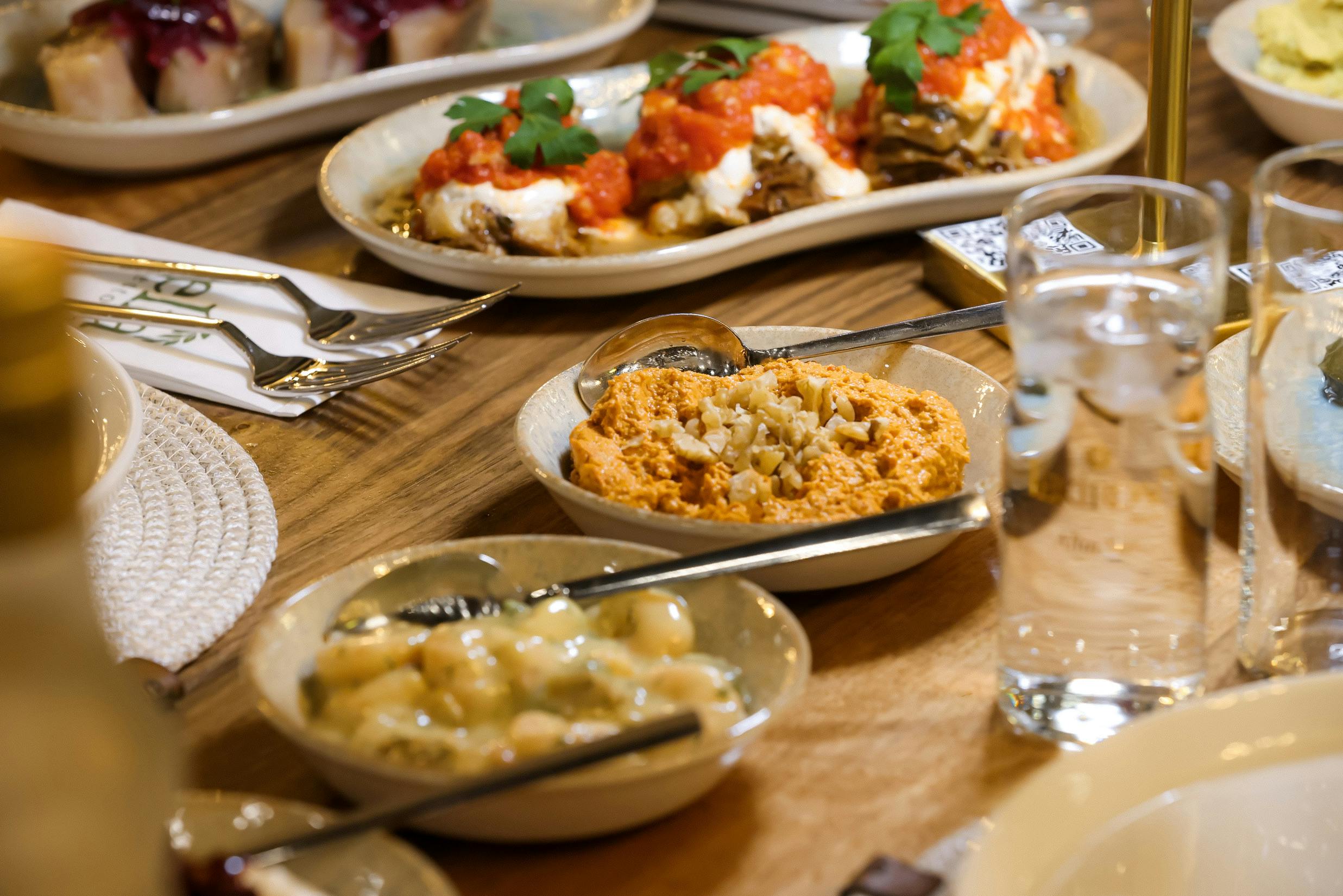British cuisine has long been characterized by its rich history, diverse influences, and a variety of regional specialties. While traditionally known for hearty comfort foods such as fish and chips, shepherd’s pie, and roast dinners, the culinary landscape has evolved considerably over the years. Today, British cuisine embodies a fusion of flavors that reflect both its historical roots and contemporary trends. This article takes you on a journey through the evolution of British cuisine, exploring its transition from pub classics to the heights of fine dining.
The Evolution of British Cuisine: A Culinary Overview
The foundations of British cuisine were laid over centuries, influenced by agricultural practices, climate, and the availability of local ingredients. Early British diets were heavily reliant on meats, grains, and seasonal vegetables. The Norman Conquest of 1066 introduced new flavors, ingredients, and cooking methods from France, which began to shape the palate of the British public. Over time, the British Empire expanded, bringing exotic spices, fruits, and cooking styles from colonies around the world, further diversifying the culinary landscape.
In the 19th century, the Industrial Revolution brought significant changes to food production and consumption. Mass urbanization led to the rise of public houses (pubs) that served hearty meals to workers. The concept of "pub grub" emerged, characterized by simple yet satisfying dishes that catered to the working class. Classics such as fish and chips, bangers and mash, and various meat pies became staples of the British diet, often offering comfort after a long day’s work.
As the 20th century progressed, the British palate began to evolve once again. Post-World War II rationing and shortages initially led to a period of culinary stagnation. However, the latter half of the century saw a surge in interest in international cuisines, spurred by the waves of immigration and travel. This prompted British chefs to experiment with new ingredients and techniques, resulting in a culinary renaissance that celebrated both traditional and modern approaches.
Today, British cuisine is a melting pot of creativity and innovation, drawing inspiration from global influences while paying homage to its heritage. Chefs are increasingly focused on using locally sourced, seasonal ingredients, often incorporating contemporary techniques to elevate traditional dishes. This evolution reflects the broader societal changes in the UK, where food has become an integral part of cultural identity and communal experiences.
From Comfort Food to Gastronomic Delights: A Taste Journey
The journey from comfort food to fine dining in British cuisine is exemplified by the transformation of traditional dishes into sophisticated culinary experiences. Take the classic fish and chips, for instance. Once regarded as a simple street food, it has been reimagined in upscale restaurants where chefs use sustainably sourced fish, house-made tartar sauce, and artisan chips. This transformation illustrates how chefs are not only honoring tradition but also elevating it to meet modern culinary standards.
Another notable example is the humble Sunday roast, which traditionally consists of roast meat, potatoes, and seasonal vegetables. In contemporary fine dining establishments, the Sunday roast is often deconstructed or presented as a tasting menu, featuring exquisite cuts of meat and gourmet sides thoughtfully paired with wines. This reimagining keeps the essence of the roast alive while appealing to a more sophisticated palate that craves unique flavors and textures.
The rise of British gastropubs has played a pivotal role in bridging the gap between comfort food and fine dining. These establishments focus on providing high-quality, locally sourced ingredients while maintaining the welcoming atmosphere of a traditional pub. Dishes like gourmet burgers, artisanal pizzas, and elevated fish dishes are found alongside an impressive selection of craft beers and wines. This approach allows patrons to indulge in comfort while enjoying the nuances of fine dining.
Moreover, British cuisine is increasingly being recognized on the global stage, with notable chefs earning Michelin stars and accolades for their innovative interpretations of traditional dishes. Events such as the Great British Menu showcase the creativity and talent of British chefs, highlighting the depth and diversity of the culinary scene. As the journey through British cuisine continues, it remains a testament to the nation’s ability to evolve and adapt, blending comfort with sophistication in delightful ways.
The journey through British cuisine, from its hearty pub classics to refined culinary artistry, reflects a dynamic evolution shaped by history, culture, and innovation. As chefs and home cooks alike continue to reinterpret traditional dishes with a modern twist, British cuisine stands poised to captivate both local and international palates. This transformation is not just about changing flavors; it is about celebrating a rich heritage while embracing the future of gastronomy. With each bite, we experience the story of a nation that has woven its culinary identity through centuries, driving us to appreciate the beauty of British food in all its forms.

